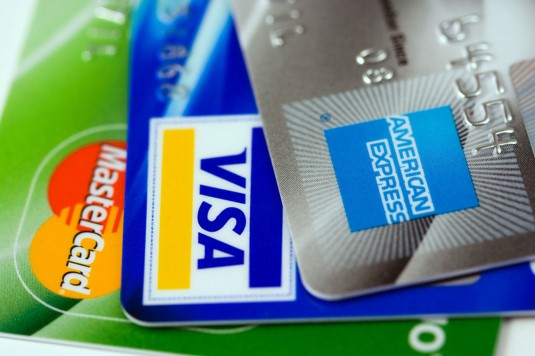Dubai is the most developed city in the United Arab Emirates, being considered a regional financial center in the Middle East. When talking about financial services provided to costumes, Dubai’s reputation as a banking center is given by the financial infrastructure and the economic stability. Consequently, there are over 20 local banks here and around 30 foreign banks that operate in Dubai through branch offices.
Banking Law in Dubai is the main legal framework that regulates financial operations in Dubai. On the other hand, the main regulatory authority is the Central Bank of the UAE. Other legal entities governing the banking system in Dubai are the Commercial Law and the Islamic Banking Code. Our Dubai attorneys can offer specific information on the banking law in Dubai you need to know when opening an investment company or a financial institution.
Banking regulations in Dubai
In order to enhance the credibility of the banking system and ensure transparency of the bank services for individual customers, the Central Bank of the UAE issued some of the following regulations:
• a borrower can take a loan up to 20 times his/her salary or regular income and has to make the repayment in 48 months.
• banks and finance companies are not allowed to take blank cheques against loans or overdraft facilities;
• banks and financial institutions have been banned by the Central Bank from telemarketing credit cards and phone loans.
• the requirements to open an account are: valid residence in Dubai, having an original passport with residency visa or a document that proves UAE citizenship, a salary certificate and a no-objection letter from the employer; the requirements and the needed documents for opening a bank account may vary from one bank to another.
If you are interested, our lawyers in Dubai can offer further details on the banking regulations in Dubai.
Setting up financial companies in Dubai
The Dubai International Financial Centre (DIFC) provides proper conditions to foreign investors opening financial institutions in the UAE as it is the most important free zone in Dubai. The Central Bank of the UAE has adopted two resolutions in order to establish how an investor can register a financial company in the UAE. These resolutions contain all the provisions about the activities financial institutions may operate in Dubai. These are:
• grant commercial loans to Dubai companies;
• grant personal loans;
• issue stocks, bonds, and certificates of deposit;
• open credit lines and issue guarantee.
The minimum share capital for setting up a financial enterprise in Dubai is 35 million AED and 60% of the total subscribed capital must be owned by an entrepreneur that has UAE citizenship.
Please contact our lawyers in Dubai to obtain more information about setting up an investment company or a financial institution.

